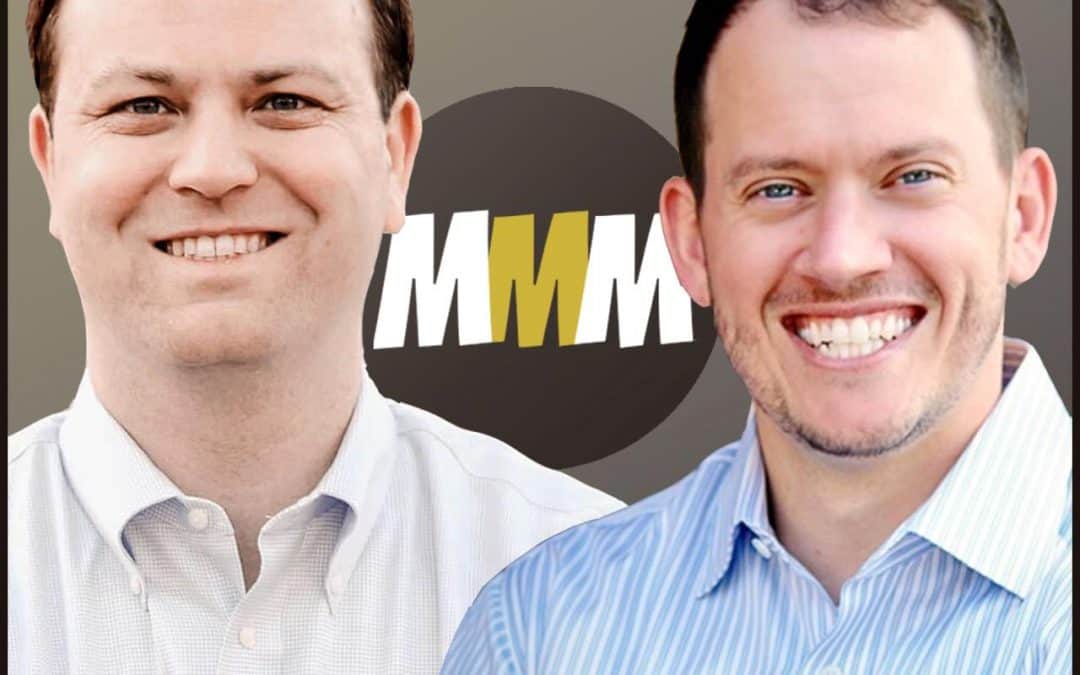Money Meets Medicine Podcast
MMM #19: Hell Yes Policy
2019 was a rough year for me. I thought I was burned out, and it turned out to be a mixture of depression and anxiety caused by Grave’s disease. Regardless of the cause, the struggle led me to create something called my Hell Yes Policy – which was part of what saved me during that time. Have you learned to say no to some things so that you can say Hell Yes to others? Learn how in this episode.
What You’ll Learn:
In this episode of Money Meets Medicine, you’ll learn all about why I enacted my Hell Yes Policy and:
- Why saying no can save your life!
- Why I enacted my personal Hell No Policy.
- My battle with Graves Disease.
- When to draw lines in the sand especially as a young doctor.
- And more!
Quote to Remember
“What if I told you your happiness may actually hinge on saying no instead of saying yes?”
“I like helping people. I want to say yes to the things that matter most to me.”
“I want to be a good doctor and all this other stuff, but I want to be a good dad and a husband.”
“Happiness is reality minus expectations.”
Resources from the Episode:
Why I Adopted The “Hell Yes” Policy
4 Ways to Draw Lines in the Sand at Work
This Episode’s Sponsor
This episode is brought to you by Doug Crouse at doctorloanexpert.com
Doug personally helped Ryan and Taylor get their loan and they were blown away by how amazing he was to work with. He had the best rates and the service puts him at the top of class.
He would be happy to answer any questions you have about your home loan.
Reach out to Doug at doctorloanexpert.com Or by phone, at 1-816-728-3631.
Listener Question of the Week:
Today’s listener question comes from soon to be Dr. Molly Parries from Twitter – The future Dr. Parries is starting medical school in the fall:
I would LOVE to hear about how to start off on the right foot with med school debt, what steps to take before/during med school to best manage debt, and anything else you/other docs wish you would have known going into/during med school.
Each episode, we are going to start including listener questions as they are provided to us. So, if you have a specific question you’d like answered on the podcast reach out to us! Email [email protected] or [email protected]
TPP
2 Comments
Submit a Comment
You might also be interested in…
Following the Financial Crowd
Have you ever left a sporting event, following the crowd, and suddenly realized you were walking the wrong way? What if I told you this phenomenon has a name, and it impacts your money, too?
Understanding our own behavior when it comes to finance is essential because it helps us mitigate wrong-for-us decision making around money. Unless you know these roadblocks exist, you can’t do much to stop them from derailing your financial goals.
Last week, we shared why human behavior matters for our financial lives by taking a look at the first 5 out of 10 psychological phenomena that can (and do) affect your personal finance goals: greed, fear, ego/overconfidence, loss aversion, and analysis paralysis.
This week, we’re diving back into behavioral finance (one of our favorite topics) to share five more types of unchecked human behavior that can sabotage your journey to building the wealth you want.
Greed, FOMO, and Bad Investments
Despite our best intentions, certain emotions can keep us from building wealth. After many years arming physicians with the information they need to achieve financial wellness, I had a significant realization.
Information is one thing – behavior is another.
As the saying goes, money is 80% behavior and only 20% math.
Not only do I want to share important information about personal finance, I also want to help you recognize how certain behaviors can (and do) affect your finances.
Drawing from one of the classic books about investing, let’s go over five common behaviors that could be keeping you from achieving your financial goals.
How Doctors Can Get Good Financial Advice
Many doctors and high-income professionals hire financial advisors for any number of reasons. Either they’re too busy to handle their finances themselves, they don’t really know how to invest, or they want an expert on their side to make sure they’re on the right track.
So allow me to say from the start: I’m not against financial advisors, but I am against doctors (or anyone, really) being overcharged for bad advice.
There’s no shame in asking for help – you just want to get the help you need at a fair price.
You should be equipped enough to vet and evaluate your financial advisor so you’ll know whether they’re working well on your behalf. How can you be as confident as possible they’re acting in your best interest? This episode will help you find out.
Are you ready to live a life you love?
© 2021 The Physician Philosopher | Website by The Good Alliance





I love this podcast!
Shortly before finishing residency, a young attending whom I admire very much, and who’s productivity is nothing short of superhuman, shared similar safe advice about the power of “No.”
Saying “No” to people can still be very anxiety-provoking for me. But never once have I regretted saying “No,” to an “opportunity” when that’s what my gut was telling me.
May we all live our Hell Yes life!
Heck ya!